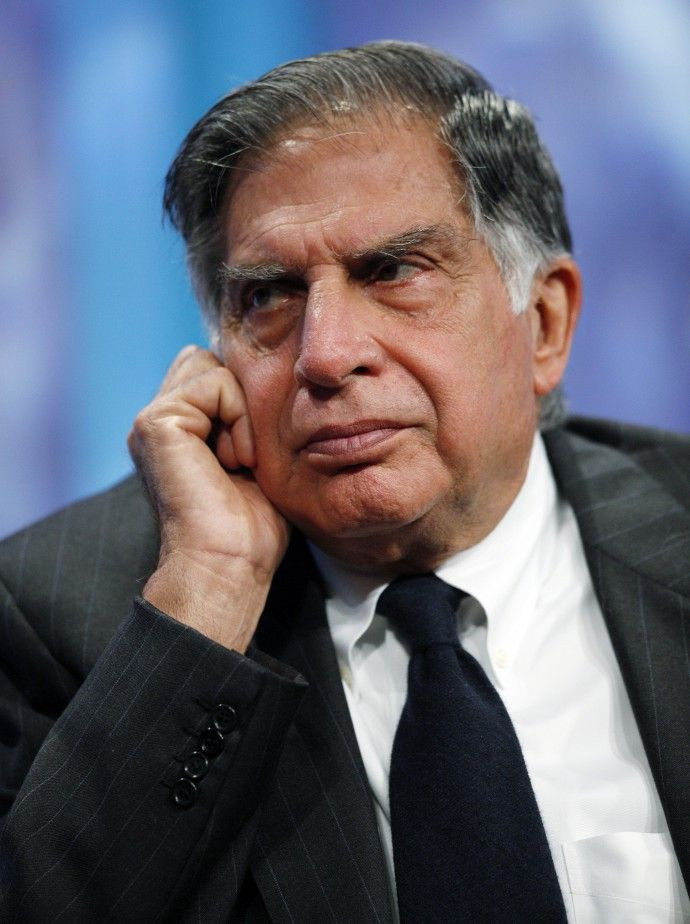Ratan Tata Steps Down As Chairman Of India’s Largest Business Group

With Ratan Naval Tata stepping down Friday as chairman of Tata Group, the largest industrial house in India, it marks the end of an era which witnessed expansion of the corporate to become a highly respected brand.
Ratan Tata, who had his education from Cornell University and Harvard University, commenced his career in Tata Group in 1962. After succeeding JRD Tata to become the chairman of the group in 1991, he led the company in its major acquisitions. These included Tata Tea taking over Tetley for $450 million in 2000, Tata Steel buying Corus for $12.1 billion in 2007 and Tata Motors acquiring Jaguar Land Rover for $2.3 billion in 2009. By means of these acquisitions, Tata was able to expand the conglomerate into an over $100-billion worth global business group.
With India’s information technology outsourcing industry rapidly growing from the 1990s, he led Tata Consultancy Services Limited (TCS) to become the country’s leading IT services company. TCS posted revenue of over $10 billion in fiscal year 2012.
He had an important role in launching the cheapest car in the world, Tata Nano, which cost $1800. In April this year, Tata unveiled his vision to expand the revenue of the Tata Group to $500 billion by 2020.
Ratan Tata, who received Padma Vibhushan (India’s second highest civilian award) in 2008, is well-known for his philanthropic activities. He is highly respected as a business leader who stresses on companies being part of the community in which they operate.
In June 2012, he was honored with the Lifetime Achievement Award by the Rockefeller Foundation for innovation in philanthropy. “When you see in places like Africa and parts of Asia abject poverty, hungry children and malnutrition around you, and you look at yourself as being people who have well being and comforts, I think it takes a very insensitive, tough person not to feel they need to do something, not just by providing material support but by playing a role in helping give prosperity,” he said while receiving the award.
Tata, who turns 75 Friday, will be succeeded by Cyrus Mistry, whose father Pallonji Mistry has over 18 percent stake in Tata Sons. Mistry, who has been a director of Tata Sons since 2006, is certain to have a tough role to play to match the reputation and respect gained by Tata in the last two decades.
One aspect that should please Mistry is that Tata is not completely leaving the group as he will continue as chairman of Tata Trusts.
© Copyright IBTimes 2025. All rights reserved.





















